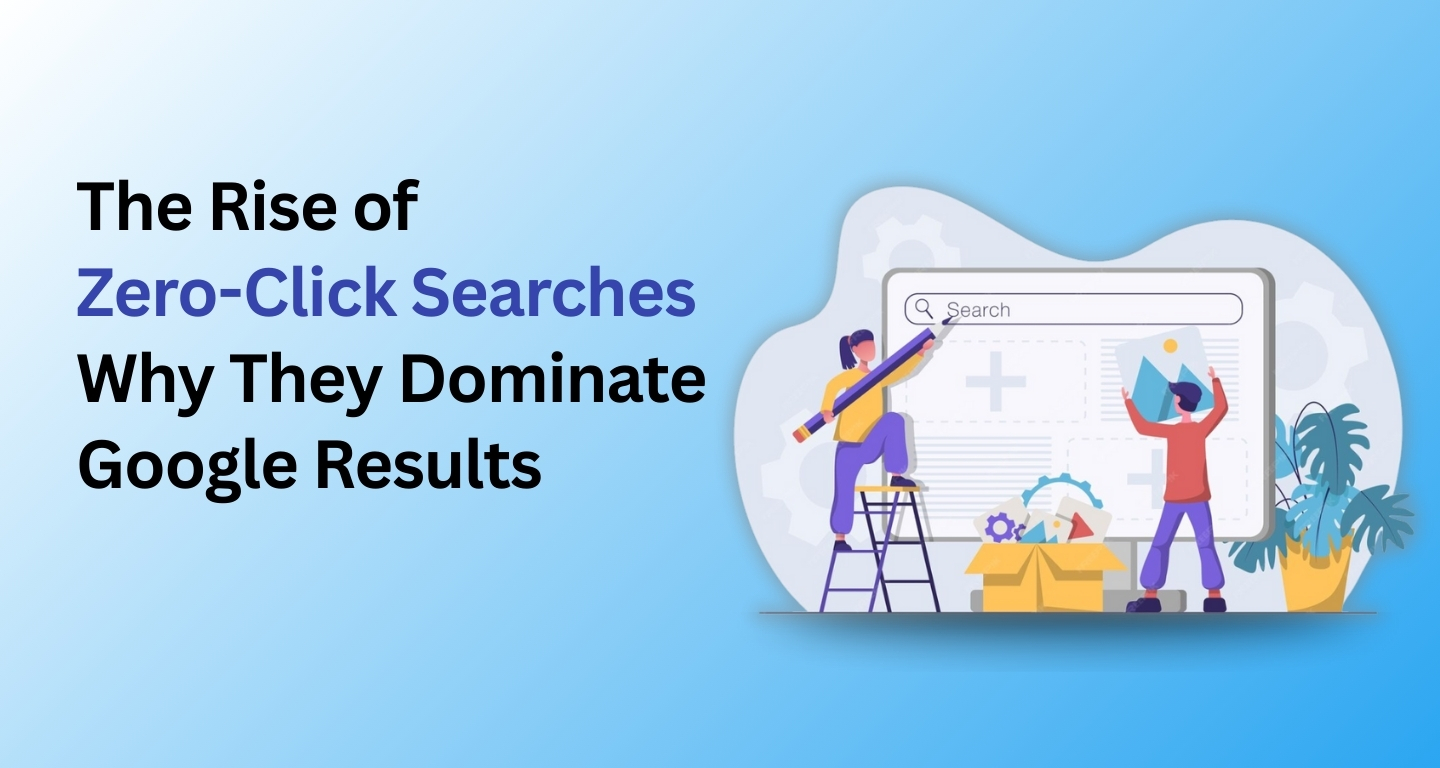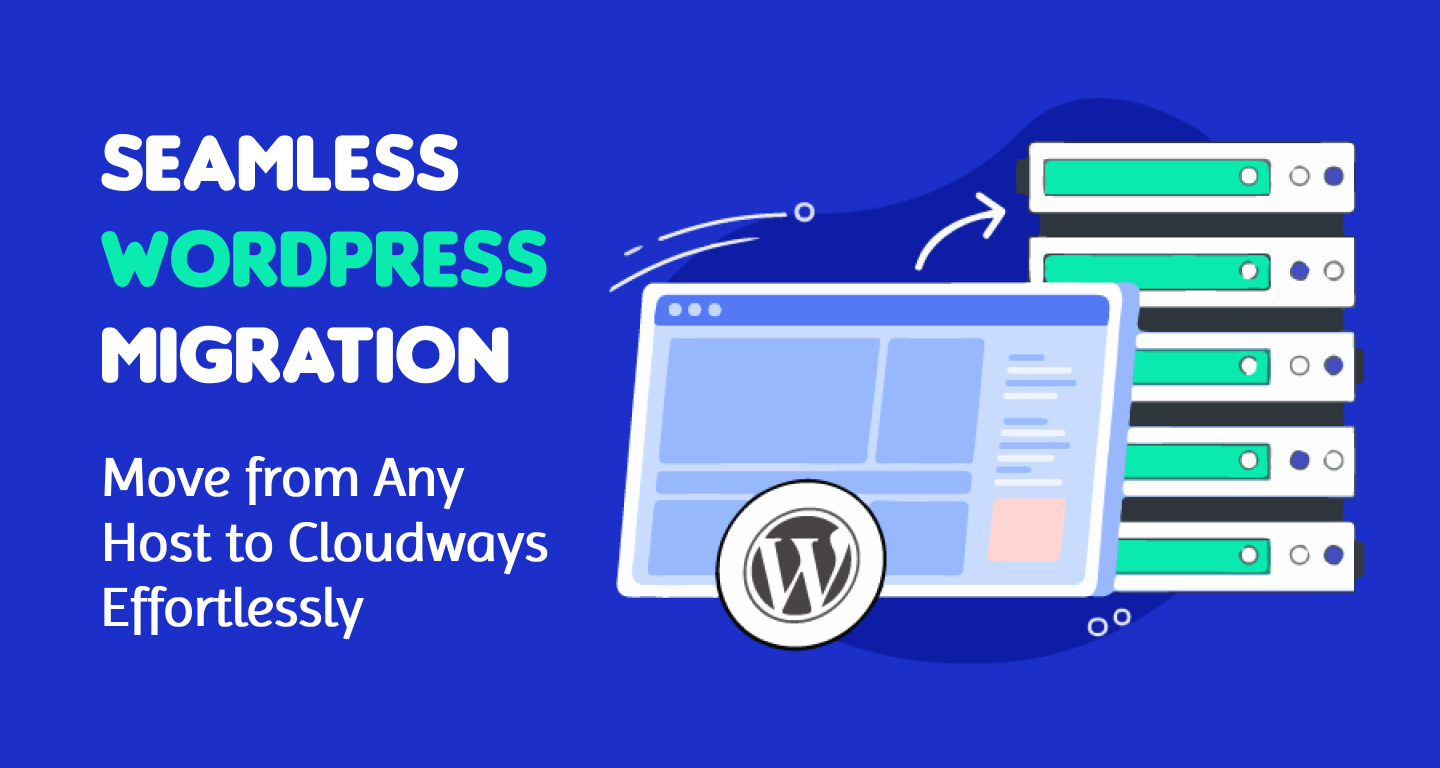Business continuity planning is no longer optional; it is a core operational requirement. Cloud computing has become the foundation of modern business continuity because it enables resilience, scalability, rapid recovery and secure access to critical systems during disruptions. From cyber incidents to natural disasters and system failures, organizations now rely on cloud-first strategies to keep operations running without interruption.
What Is Business Continuity Planning in the Cloud Era?
Business continuity planning (BCP) is the structured approach to maintaining essential business functions during and after unexpected disruptions. In today’s digital environment, this planning increasingly depends on cloud infrastructure rather than on-premise systems.
Traditional continuity models relied heavily on physical data centers, manual backups and long recovery timelines. Cloud computing fundamentally changes this by offering automated backups, geographic redundancy and remote accessibility; key elements for uninterrupted operations.
Why Cloud Computing Is Critical for Business Continuity
Cloud computing is critical because it reduces downtime, improves recovery speed and minimizes dependency on physical infrastructure. Unlike legacy systems, cloud platforms are designed to remain available even when individual components fail.
Key reasons cloud computing supports continuity planning include:
- Distributed infrastructure that avoids single points of failure
- Built-in redundancy across regions
- Real-time data replication
- On-demand scalability during crisis situations
These capabilities ensure businesses can respond faster and recover more effectively when disruptions occur.
How Cloud Infrastructure Improves Disaster Recovery
Cloud infrastructure improves disaster recovery by enabling faster Recovery Time Objectives (RTO) and Recovery Point Objectives (RPO). Instead of restoring systems manually, organizations can switch to pre-configured environments almost instantly.
Cloud-based disaster recovery allows:
- Continuous data backups without manual intervention
- Rapid failover to secondary environments
- Reduced data loss during system outages
As a result, businesses can resume operations in minutes or hours rather than days, protecting both revenue and customer trust.
Why Scalability Matters During Business Disruptions
Scalability matters because disruptions often create unpredictable demand on systems and resources. Cloud platforms allow organizations to scale computing power, storage and bandwidth instantly, without new hardware investments.
For example, during sudden shifts to remote work or spikes in online activity, cloud environments adapt in real time. This flexibility ensures business processes remain stable even when operational conditions change dramatically.
How Cloud Security Supports Business Continuity
Cloud security supports continuity by protecting data integrity, availability and compliance during crises. Leading cloud providers invest heavily in advanced security frameworks that most individual organizations cannot replicate internally.
Security advantages include:
- Encrypted data at rest and in transit
- Continuous monitoring and threat detection
- Automated patching and updates
- Compliance with global security standards
These features reduce the risk of breaches or data loss during high-stress events, when vulnerabilities are most likely to be exploited.
Why Remote Accessibility Is Essential for Continuity Planning
Remote accessibility is essential because modern disruptions often limit physical access to offices and infrastructure. Cloud computing allows employees, partners and leadership teams to securely access systems from anywhere.
This capability ensures:
- Unified remote collaboration
- Continued customer service operations
- Uninterrupted decision-making
By decoupling work from physical locations, cloud-based continuity strategies align with today’s distributed workforce realities.
How Cloud Computing Reduces Business Continuity Costs
Cloud computing reduces continuity costs by eliminating the need for duplicate physical infrastructure. Instead of maintaining expensive secondary data centers, businesses pay only for the resources they use. Cost efficiencies come from:
- Usage-based pricing models
- Reduced hardware and maintenance expenses
- Lower IT staffing overhead for recovery operations
These savings make robust continuity planning accessible not only to large enterprises but also to growing and mid-sized organizations.
The Role of Cloud Computing Services in Continuity Strategy
Cloud computing services play a central role by providing reliable platforms for backup, recovery, and operational resilience. Organizations that adopt managed cloud solutions gain access to expert support, tested architectures and continuously optimized environments.
By advancing professional-grade cloud computing services, businesses can strengthen continuity plans without adding internal complexity. These services help ensure systems remain available, secure, and adaptable under pressure.
How Cloud-Based Enterprise Software Strengthens Operational Resilience
Cloud-based enterprise software strengthens resilience by centralizing data, automating workflows and enabling real-time visibility. When core applications operate in the cloud, disruptions have less impact on productivity and decision-making.
Modern Cloud-based enterprise software solutions allow organizations to maintain continuity across finance, operations, customer service and analytics; ensuring that critical business functions remain active even during unexpected events.
Final Thoughts
Cloud computing is the foundation of modern business continuity planning because it delivers resilience, flexibility, and reliability at scale. It transforms continuity from a reactive backup plan into a proactive, always-on operational strategy.
Organizations that align their continuity planning with cloud technologies are better equipped to protect data, support remote teams and recover quickly from disruptions. If you’re evaluating how cloud solutions can strengthen your business continuity framework, Talk to our experts to explore practical, scalable options tailored to your operational needs.


































